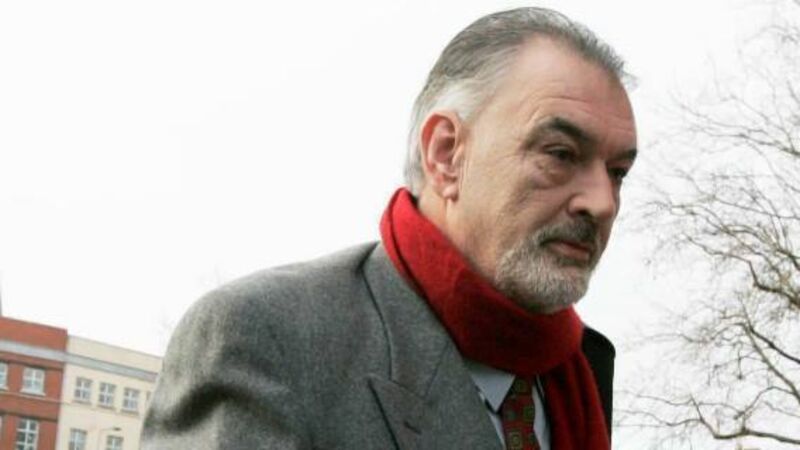VIDEO: Ian Bailey’s massive legal bill could run into millions

The transcript of the evidence of witness Marie Farrell is also to be referred to the DPP, Mr Justice John Hedigan, the judge presiding over the case indicated, after the jury had returned a verdict rejecting Mr Bailey’s allegation of conspiracy against named gardaí.
The jury of seven men and four women rejected Mr Bailey’s claims of conspiracy by some gardaí to implicate him in the murder of the French filmmaker whose battered body was found near her holiday home at Toomore, Schull, in the early hours of December 23, 1996.













